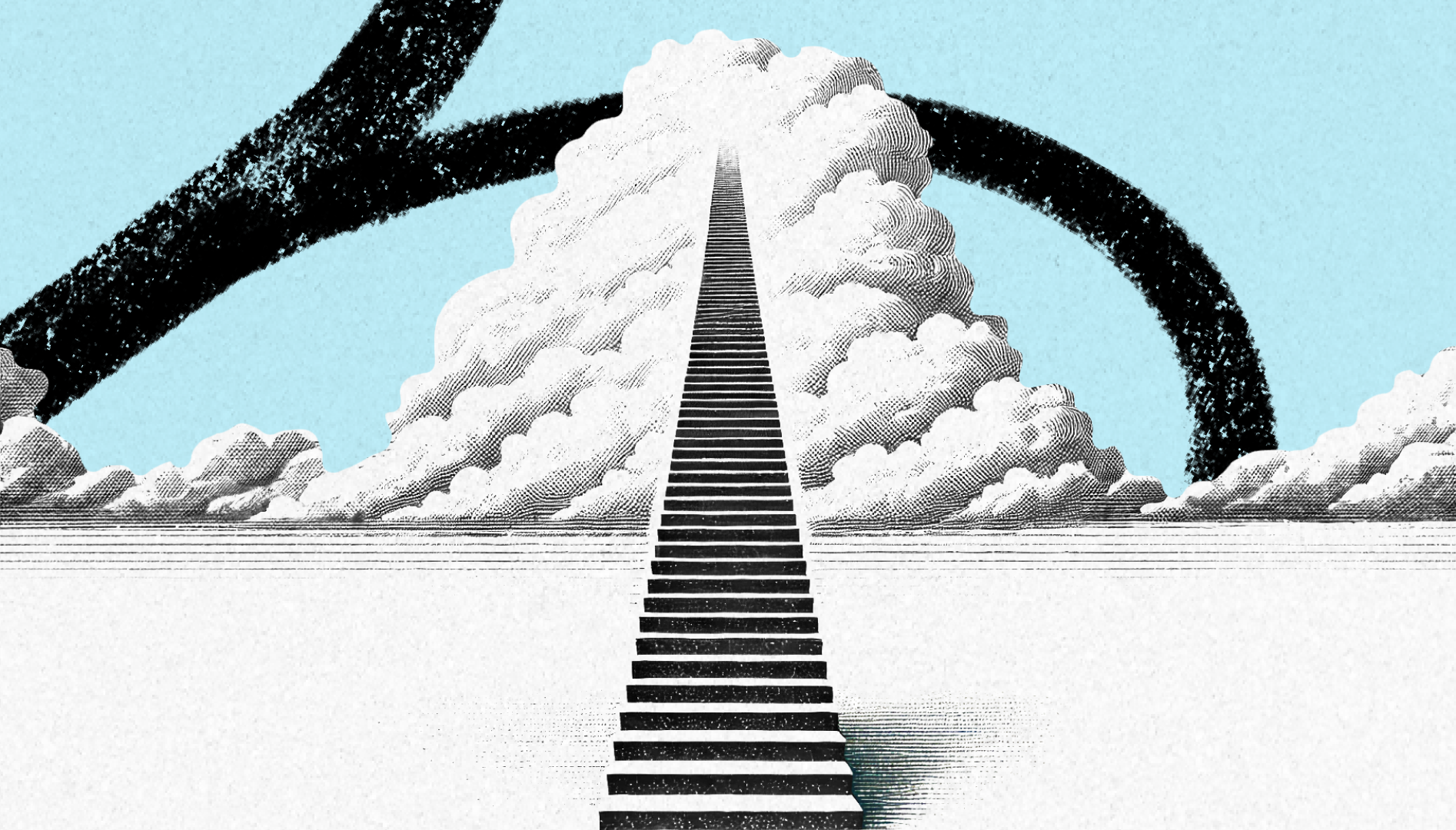
Sponsored By: LiveFlow
This essay is brought to you by LiveFlow, North America’s #1 Financial Analysis Software.
Planning your 2024 Budget but don’t know where to start? LiveFlow has already made the financial models and templates. Budget vs Actuals by Department, 13-week Cash Flow Forecasting, Consolidation… All you have to do is plug and play. Just connect your QuickBooks Online to their models and it’ll be fully set up in minutes. Say goodbye to manually entering financial data. Say hi to automatic updates of your custom models and fully streamlined financial management. Get 20% off for 3 months with promo code EVERY.
LiveFlow, the ideal choice for automation and efficiency. #1 Easiest to use software for Financial Planning & Analysis by G2.
Every time I’m on a plane that starts to accelerate down the runway, I pray.
Those who know me might find this a bit strange. I’m not a particularly religious person. I don’t have a regular place of worship or an intimate relationship with God. And yet, the rev of a 747’s turbofan engine is like the ring of Pavlov’s bell. As the plane starts rolling, I close my eyes and pray.
I’ve been thinking about why I do this. Certainly, the success of the flight is not contingent on some guy’s silent pleas from 23C. I’m an uneasy flyer, but my so-called rational brain knows that once the plane doors close, nothing I do will make a difference. And yet, the prayer helps me believe that the flight will work out.
Faith might seem to be a strange topic to tackle in a business newsletter. In some ways, the tech industry, which is built on data-driven hypotheses and an alphabet soup of metrics, might seem like the last place you’d expect an argument for faith. I used to think faith was for lemmings, something people latched onto when they lacked a grasp on reality.
But delving into entrepreneurship has changed my mind. Faith and rationalism are not oil and water. Having faith in a better world is a precursor to progress. And in an age where it’s all too easy to be a cynic, the ability to cultivate faith is one of the most important skills—in business and in life.
In tech, faith outpaces proof
When I say faith, I’m not referring to a particular religious tradition or adherence to a certain dogma. I prefer the definition from Pali, the language of the original Buddhist texts. In Pali, the word for faith, saddha, roughly translates to what you place your heart on. Cultivating faith is the practice of placing your heart on something. In words that are often attributed to Martin Luther King, it means taking the first step even when you can’t see the whole staircase.
In the lore of almost every company, there is a moment where faith outpaces proof. In the mid-1970s, Larry Ellison came across a paper in IBM’s Journal of Research and Development that described a working prototype for a relational database management system. The software industry was nascent, and no company had attempted to commercialize such a database before. But Ellison and his partners Bob Miner and Ed Oates had faith that they could.
At its inception in 1977, Oracle (then called Software Development Laboratories) wanted to build a relational database that was compatible with IBM’s System R database, the first database system to ever use SQL. But Ellison and team hit a roadblock when IBM refused to share System R’s code.
Rather than resign to the rationalist's view—who would want to compete with IBM?—the Oracle trio decided to build their own database software from scratch. Less than a decade later, Oracle was the largest data management platform in the world.
The Only Subscription
You Need to
Stay at the
Edge of AI
The essential toolkit for those shaping the future
"This might be the best value you
can get from an AI subscription."
- Jay S.
Join 100,000+ leaders, builders, and innovators

Email address
Already have an account? Sign in
What is included in a subscription?
Daily insights from AI pioneers + early access to powerful AI tools






Comments
Don't have an account? Sign up!
Good read. I put this in our newsletter this week.
Memo to myself: https://share.glasp.co/kei/?p=7Ii3hrs03yk5WV1DbyaM
so powerfull